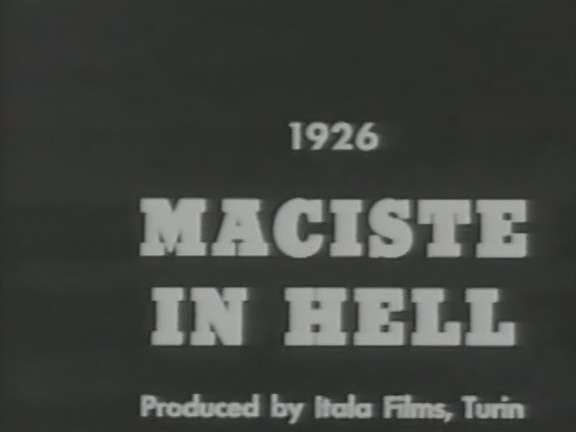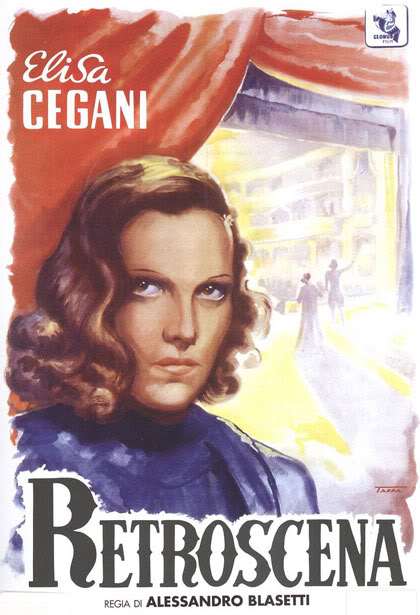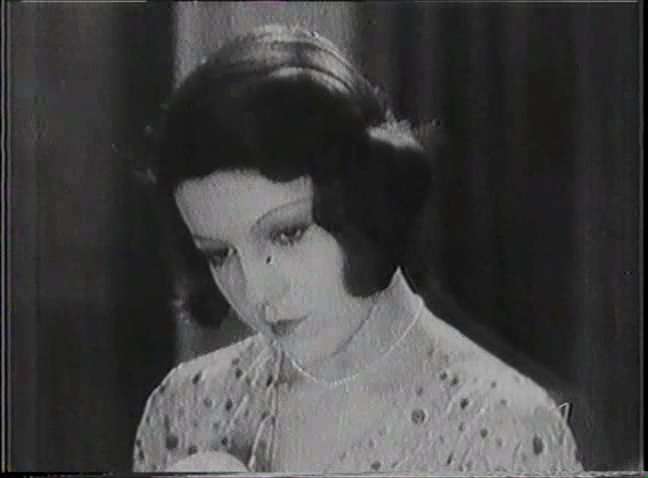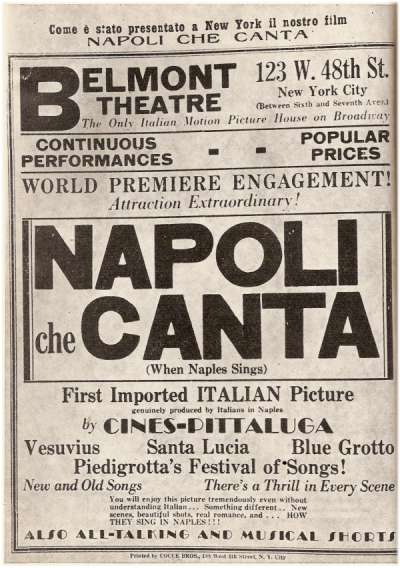

Scifilm wrote:
Maciste is tempted by the devil, and ends up trapped in hell when he elects to fight him.
Bartolomeo Pagano played Maciste in the 1914 movie CABIRIA; he must have liked the character; he ended up playing him repeatedly in a variety of movies over the next twenty years. I do wonder about the character’s position in time; CABIRIA took place in ancient Rome, but even if I’m not sure when this movie takes place, it’s certainly a much later period of time; Maciste wears a suit and tie through most of this, and at one point he is tempted with some shots of very modern cities indeed. Nonetheless, the fantasy element is very strong; the scenes in hell are great, with a huge cast of demons and fiends, including a couple of giant demons, a flying dragon, and some great special effects. It’s based at least partially on Dante’s “Inferno”, and it includes both Lucifer, Pluto and Proserpine as characters. I would love to have seen some of the other early Maciste movies just to see what the character’s story was, but this one and CABIRIA are the only ones I know exist for sure. It’s definitely worth a look for people interested in creative visions of hell; the movie apparently served as an inspiration both for Mario Bava and Federico Fellini.Read More »









